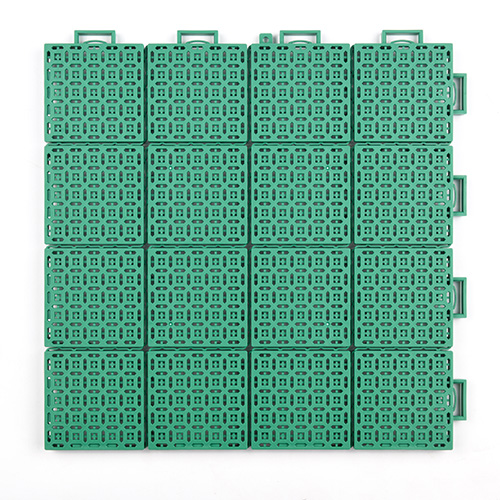9 月 . 18, 2024 18:36 Back to list
flooring for business
Choosing the Right Flooring for Your Business A Comprehensive Guide
When it comes to setting up or renovating a business space, one of the most critical decisions is selecting the right flooring. Flooring does not only contribute to the aesthetic appeal of your establishment but also plays a significant role in functionality, durability, safety, and maintenance. Thus, understanding the different flooring options available on the market can help you make an informed decision that aligns with your business needs.
1. Types of Flooring Materials
There are several flooring materials available for commercial use, each with its own set of benefits
- Carpet Tiles Ideal for offices and retail spaces, carpet tiles provide comfort and noise reduction. They are easy to install and replace, making them a practical choice for areas with high foot traffic.
- Vinyl Flooring Known for its versatility, vinyl flooring comes in various designs that can mimic more expensive materials like wood or stone. It's water-resistant, making it suitable for kitchens and bathrooms, while also being easy to clean.
- Laminate Flooring Offering the appearance of hardwood without the hefty price tag, laminate is durable and scratch-resistant, perfect for high-traffic areas. However, it may not be the best choice for places exposed to moisture.
- Hardwood Flooring Bringing elegance to any space, hardwood floors are timeless. While they are more expensive and require careful maintenance, their durability and aesthetic appeal often justify the investment.
- Tile Flooring Whether ceramic, porcelain, or natural stone, tile flooring offers unparalleled durability and is resistant to moisture and stains
. It is an excellent choice for businesses in food service or spas, as it’s easy to maintain.flooring for business

2. Considerations for Choosing Flooring
When selecting flooring, consider the following factors
- Foot Traffic Assess the volume of foot traffic in your business to choose a flooring material that can withstand wear and tear.
- Functionality Different areas may require different types of flooring. For instance, kitchens need water-resistant and easy-to-clean materials, while waiting areas might benefit from plush carpets for comfort.
- Safety Slip-resistance is crucial, especially in environments prone to spills. Low-VOC (Volatile Organic Compounds) materials can also improve indoor air quality, contributing to a healthier workplace.
- Aesthetics Align the flooring with the overall design theme of your business. A cohesive look can enhance the customer experience and reinforce your brand identity.
3. Budget vs. Quality
While it’s tempting to opt for the cheapest flooring solution, investing in high-quality materials can save money in the long run. Durable flooring requires less frequent replacement and maintenance, which can lead to significant savings.
In conclusion, selecting the right flooring for your business is a multifaceted decision that hinges on functionality, aesthetics, budget, and safety. By considering the specific needs of your business and understanding the various flooring options available, you can create an environment that is both appealing and efficient. Choosing wisely will not only benefit your business operations but also enhance customer experience and solidify your brand's reputation.
-
Custom Pickleball Court Solutions Convert Tennis & Indoor Builds
NewsMay.30,2025
-
Outdoor Pickleball Court Costs Build & Install Pricing Guide
NewsMay.30,2025
-
Premium Pickleball Sports Courts Custom Design & Installation
NewsMay.30,2025
-
Indoor Pickleball Courts Tennis Court Conversion & Custom Builds Tempe
NewsMay.29,2025
-
Professional Pickleball Court Installation & Tennis Court Conversions
NewsMay.29,2025
-
Grey Synthetic surface-rubber prefabricated track
NewsMar.07,2025

